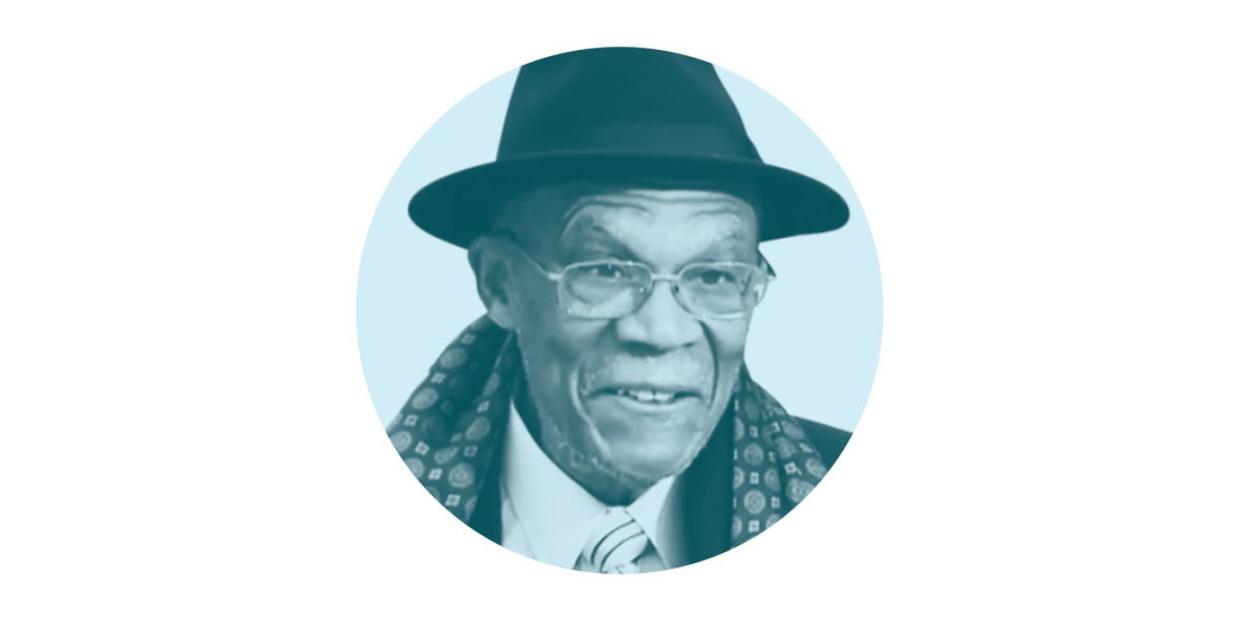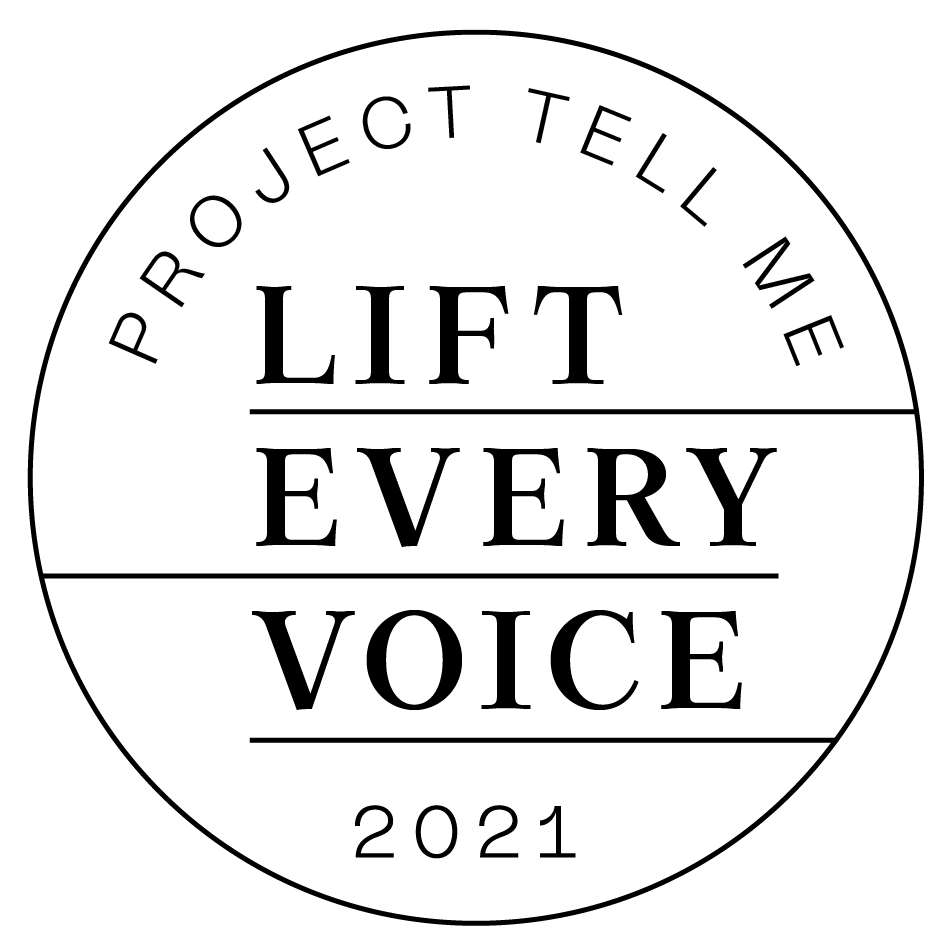Larry Gibson, 79, Used Video Evidence to Free Black Protesters Long Before the Cellphone

- Oops!Something went wrong.Please try again later.
Interview by Tre Ward

This article was originally published with Hearst Television. Click here to see the video.
Baltimore to the White House, Larry Gibson overcame poverty and segregation to become a lawyer who, in the wake of the civil rights movement, helped to free a group of falsely accused protesters.
It was film that revealed the truth about what happened, decades before cellphone video would become the catalyst for today’s movement.
“The civil rights movement uprising began in earnest about the time that I went to college with the city movements. I delighted in coming back to Baltimore to demonstrate the sit-in in restaurants,” Gibson said in an interview with Tre Ward, a reporter with station WBAL-TV.
In 1967, Gibson earned his law degree from Columbia University in New York, one year before an American tragedy changed his plans.
“During that year, Martin Luther King was assassinated. People reacted many ways to the assassination of Martin Luther King. Some people left the country. Some other people joined various kinds of organizations,” Gibson said. “My principle was, ‘I’m not going to work for the man! What’s the largest Black law firm in town?’”
One particular case brought Gibson back to Baltimore, where he grew up.
“I guess the police just got tired of this embarrassing demonstration. They came across the street toward the demonstrators, said leave, and when they didn’t, they arrested them. They were charged with, the leaders were, with inciting a riot,” Gibson said. “A cameraman called me—he was then living in Philadelphia—he said, ‘Mr. Gibson, I’ve been following this trial and what the police officers are saying happened is not true. I was there, but also, I filmed it.’”
The video vindicated the demonstrators in 1970, decades before cellphone video would capture multiple arrests, sparking a nationwide movement.
“Freddie Gray, after he had been arrested, should’ve been brought right down this street here, right down Mount Street to this station, if he was going to be arrested at all,” Gibson said.
With his history in civil rights, Gibson shared what he thinks when he sees the recent uprisings, and police officers, in many of the cases, not convicted.
“Things are changing, and I think they are probably changing positively. There were many demonstrations where the overwhelming majority of the people were not African Americans. There were demonstrations around the world, inequities, and more and more Americans are understanding that it is not enough to just individually not discriminate, but that the necessity that they get involved in dealing and addressing the issues of the systemic racial issues. Improvements are occurring. Things are getting better, but we still have a ways to go,” Gibson said.
Gibson also served as associate deputy attorney general under the Carter administration. He’s currently a law professor at the University of Maryland Carey School of Law, where he once taught the late Rep. Elijah Cummings.
Turn Inspiration to Action
Consider donating to the National Association of Black Journalists. You can direct your dollars to scholarships and fellowships that support the educational and professional development of aspiring young journalists.
Support The National Caucus & Center on Black Aging. Dedicated to improving the quality of life of older African Americans, NCCBA's educational programs arm them with the tools they need to advocate for themselves.
This story was created as part of Lift Every Voice, in partnership with Lexus. Lift Every Voice records the wisdom and life experiences of the oldest generation of Black Americans by connecting them with a new generation of Black journalists. The oral history series is running across Hearst magazine, newspaper, and television websites around Juneteenth 2021. Go to oprahdaily.com/lifteveryvoice for the complete portfolio.

You Might Also Like

